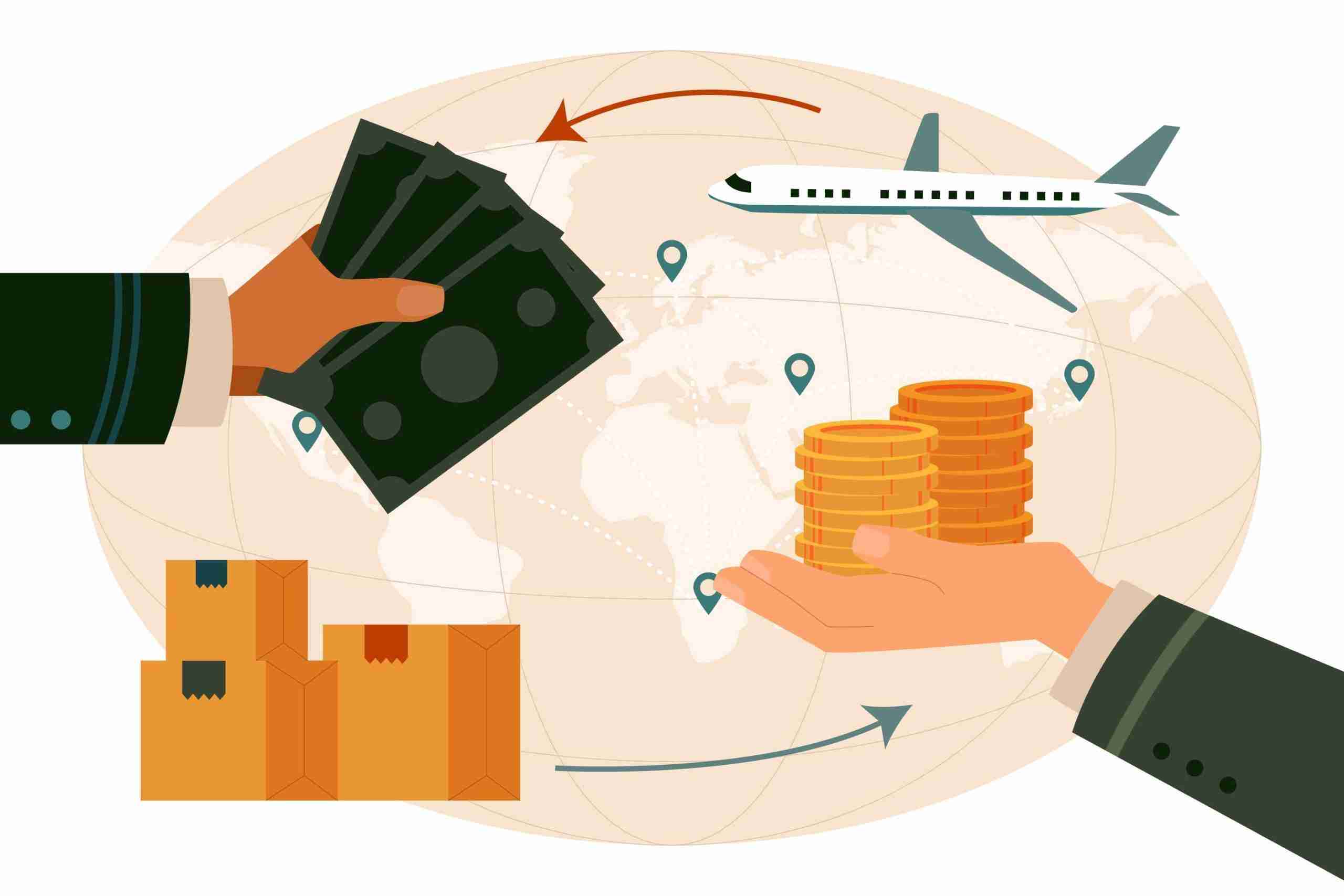
The maritime industry is undergoing a major transformation with the advent of autonomous ships, which are vessels that can operate without human intervention. Autonomous ships are equipped with advanced technologies, such as sensors, navigation systems, and artificial intelligence, that enable them to make decisions and operate safely and efficiently. The aim behind the development of autonomous ships is to make shipping safer, more efficient, and cost-effective than before, while reducing the need for human crew members on board.
Benefits of Autonomous Ships
Autonomous ships offer many benefits to the maritime industry, such as:
• Improved efficiency and safety: Autonomous ships can optimize vessel operations, reduce fuel consumption and emissions, and avoid collisions and accidents, by using real-time data and artificial intelligence.
• Data-driven operations: Autonomous ships generate a vast amount of data, which can be analyzed to improve decision-making, reduce costs, and enhance performance. The use of machine learning algorithms and predictive analytics can help identify patterns, predict outcomes, and optimize routes and speeds.
• Remote and autonomous operations: Autonomous ships can be controlled from shore-based control centers, using communication systems and satellite links. This allows for greater flexibility, scalability, and responsiveness, as well as reduced labor costs and risks.
• Increased capacity and capabilities: Autonomous ships can operate around the clock, without the need for rest periods, and transport more goods and passengers. They can also access remote and challenging areas, such as the Arctic and Antarctic regions, and perform complex tasks, such as offshore exploration and rescue missions.
Challenges and Solutions for Autonomous Ships
While autonomous ships offer many advantages, they also face some challenges, such as:
• Regulation and standardization: The deployment of autonomous ships requires the development and harmonization of international standards, regulations, and protocols, to ensure safety, security, and liability. The International Maritime Organization (IMO) is the main body responsible for setting the legal framework and guidelines for autonomous shipping, and is currently working on a regulatory scoping exercise to assess the existing conventions and instruments.
• Technology and infrastructure: The development and implementation of autonomous ships require the advancement and integration of various technologies, such as sensors, communication systems, navigation systems, and artificial intelligence. These technologies need to be reliable, robust, and interoperable, to ensure the smooth and safe operation of autonomous ships. Moreover, the infrastructure and facilities, such as ports, terminals, and control centers, need to be upgraded and adapted, to support and accommodate autonomous ships.
• Human factors and social acceptance: The introduction of autonomous ships will have a significant impact on the human element of the maritime industry, such as the roles, skills, and competencies of seafarers and shore-based personnel. The transition to autonomous shipping will require the development and provision of adequate training, education, and awareness programs, to prepare and equip the workforce for the new challenges and opportunities. Furthermore, the social acceptance and trust of autonomous ships will depend on the demonstration and communication of their benefits, risks, and ethical implications, to the stakeholders and the public.
Best Shipping Company for Autonomous Ships
Among the many shipping companies that are investing and experimenting with autonomous ships, one of the most prominent and promising ones is A.P. Moller-Maersk Group, which is the largest container shipping company in the worldhttps://en.wikipedia.org/wiki/List_of_largest_container_shipping_companies. Maersk has been actively involved in several projects and initiatives related to autonomous shipping, such as:
• Maersk Pelican: In 2018, Maersk partnered with Norsepower, Energy Technologies Institute, and Shell Shipping & Maritime, to install and test two rotor sails on board the Maersk Pelican, a product tanker. The rotor sails are a wind propulsion technology that can reduce fuel consumption and emissions by up to 10%. The project was the first of its kind to be applied to a product tanker and was a success.
• Maersk Triple E-class: In 2019, Maersk announced that it had ordered eight new container ships, each with a capacity of 16,000 TEU, that would be equipped with dual-fuel engines that can run on both low-sulfur fuel and liquefied natural gas (LNG). The ships are expected to be delivered in 2024 and will be among the most environmentally friendly and energy-efficient vessels in the world.
• Maersk McKinney Moller: In 2020, Maersk collaborated with Boston Dynamics, a robotics company, to deploy a four-legged robot named Spot on board the Maersk McKinney Moller, a container ship. The robot was used to perform remote inspections and surveys of the ship’s engine room, using cameras and sensors. The project was the first of its kind to use a mobile and autonomous robot on a marine vessel and was a success.
Maersk’s vision is to become a leader in autonomous shipping and to create a more sustainable and profitable maritime industry. Maersk’s strategy is to leverage its scale, expertise, and innovation capabilities, to develop and implement cutting-edge technologies and solutions, that can enhance the efficiency, safety, and environmental performance of its fleet and operations.
Conclusion
Autonomous ships are revolutionizing the maritime industry by introducing new technologies, processes, and business models, that have the potential to transform the way ships traditionally operate. Autonomous ships offer many benefits, such as improved efficiency and safety, data-driven operations, remote and autonomous operations, and increased capacity and capabilities. However, autonomous ships also face some challenges, such as regulation and standardization, technology and infrastructure, and human factors and social acceptance. Among the many shipping companies that are investing and experimenting with autonomous ships, one of the best ones is A.P. Moller-Maersk Group, which is the largest container shipping company in the world and has been actively involved in several projects and initiatives related to autonomous shipping.